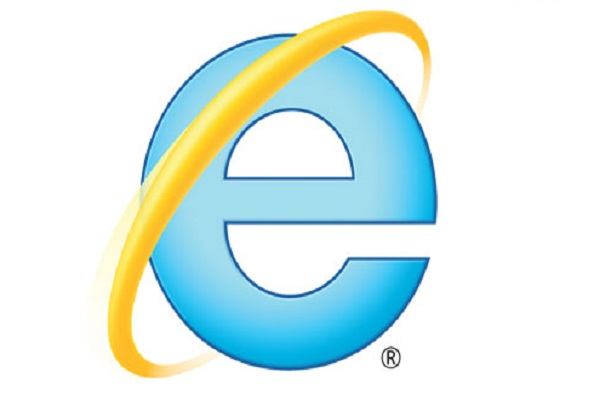Internet Explorer 10 new privacy settings welcomed
Microsoft users will have to opt out and switch off IE10's Do Not Track setting if they do want their online activities recorded.

Microsoft has been applauded by privacy campaigners for making end users opt in to have their online activities tracked by advertisers in the next version of the Internet Explorer browser.
The software giant confirmed this week that Internet Explorer 10 will come with a default Do Not Track (DNT) setting to prevent advertisers and websites snooping on users' online activities.
Do Not Track for Internet Explorer users will become pervasive
Windows 8 users can switch off DNT when they set up their device for the first time by using the Customise Settings option. However, those that go down the Express Settings route will automatically get DNT.
In a blog post, Brendan Lynch, chief privacy officer at Microsoft, said DNT was part of the company's commitment to protecting user privacy.
"We believe consumers should have more control over how data about their online behavior is tracked, shared, and used," he said.
In a statement to IT Pro, Nick Pickles, director of privacy campaign group Big Brother Watch, welcomed the move.
Sign up today and you will receive a free copy of our Future Focus 2025 report - the leading guidance on AI, cybersecurity and other IT challenges as per 700+ senior executives
"There is a clear demand for privacy-enhancing technology and it's a sign of how that demand has grown that a company the size of Microsoft has put privacy at the heart of a key product," he said.
However, there is a danger that third parties may try to circumnavigate the setting because of how valuable tracking data is, he warned.
"It is essential that regulators and software developers are aware to the pressure on other companies to circumvent these privacy protections and take robust action to deter any unauthorised tracking," he added.
Alexander Hanff, chief executive of Think Privacy, told IT Pro web browsers that do not have DNT switched on as a default option could find themselves falling foul of the law.
"EU law under 5(3) of the ePrivacy Directive requires explicit consent before tracking cookies can be used [and] the Article 29 Working Party have already issued an opinion that browser settings for DNT [that] are disabled by default are not sufficient to satisfy EU regulations," he said.
"So this move by Microsoft protects consumers and helps to bring compliance with EU regulations."
-
 Trump's AI executive order could leave US in a 'regulatory vacuum'
Trump's AI executive order could leave US in a 'regulatory vacuum'News Citing a "patchwork of 50 different regulatory regimes" and "ideological bias", President Trump wants rules to be set at a federal level
-
 TPUs: Google's home advantage
TPUs: Google's home advantageITPro Podcast How does TPU v7 stack up against Nvidia's latest chips – and can Google scale AI using only its own supply?